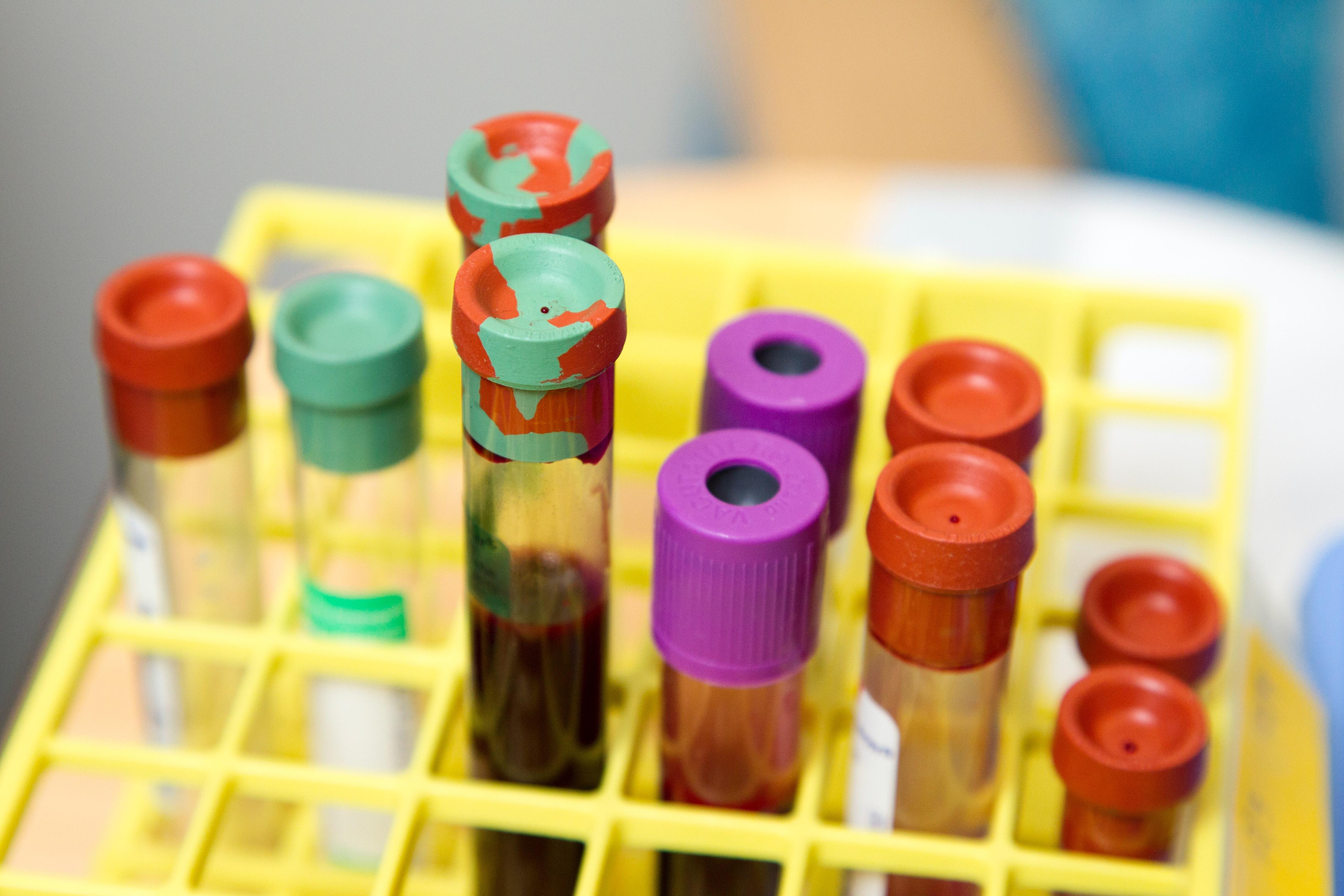This information is provided for educational purposes only. Reader retains full responsibility for the use of the information contained herein.
When the drug testing process is viewed from a high level it appears to be very straightforward. The process begins with a sample collection. That sample is sent to a lab for testing, results then go through the medical review process, and verified results ultimately reach the employer. Despite this process seeming simple at face value, the reality is each step has its own unique set of complexities. Let’s take a closer look at the beginning phase of this process – the sample collection.
Employers are typically responsible for determining whether a test for an employee will fall under federal regulations as established by the Department of Transportation (DOT), or state requirements (commonly referred to as non-DOT). Understanding key differences between DOT and non-DOT testing is crucial to ensure proper compliance. Once an employer determines whether a test should be conducted as DOT or non-DOT, the collection process can begin.
Federal regulations clearly outline how a DOT collection should take place, beginning with the sample collector holding a DOT certification. Collection sites that offer DOT services are designed to comply with federal regulations and offer a controlled environment to facilitate collections. Conversely, state requirements do not always dictate that a collector hold any certification to conduct a sample collection, or that a collection must be completed in a specified setting or location. In fact, non-DOT testing is usually far more flexible than DOT testing in that it provides employers opportunities to extend testing panels, introduce alternative sample testing methods such as oral fluid or hair, or even implement a point-of-care testing program.
Not having to adhere to strict collection process requirements can significantly reduce costs and save time for employers. For example, a grocery store may seek to hire three new employees to manage the produce department. Instead of dealing with the logistics of locating a collection site, the HR department may choose to perform a pre-employment oral fluid test for each applicant at the time of the interview. In most states, the HR representative performing the oral fluid collection does not need any certification, nor is any agreement with a collection site necessary.
Employers frequently capitalize on the relaxed state requirements as it relates to the collection process; however, not all state requirements are the same.
Most states have developed their own set of laws and statutes pertaining to workplace drug testing outside of DOT-covered individuals, and over half of those states address specific requirements for the non-DOT collection process at some level. For instance, California mentions that collection procedures shall follow 49 CFR Part 40 for taxicab drivers, which is the DOT regulation that covers the proper DOT collection process. Other states such as Kentucky and Louisiana mandate that the collection process must follow all standards, procedures, and protocols set forth by the Substance Abuse and Mental Health Services Administration (SAMHSA).
On the less stringent side, there are state requirements that do not reference a federal organization such as DOT or SAMHSA, but instead mention that the collection process must ensure that samples are collected in a way to avoid potential contamination, adulteration, or misidentification, and afford employees adequate privacy while providing their sample. Alaska and Georgia are examples of states that fall into this category.
States that do not specifically address collection procedure requirements include: Arkansas, Colorado, Connecticut, Delaware, Indiana, Maryland, Massachusetts, Michigan, Minnesota, Missouri, Montana, Nebraska, Nevada, New Mexico, North Dakota, Pennsylvania, Rhode Island, South Carolina, South Dakota, Texas, Virginia, and Washington.
Despite some similarities, non-DOT requirements are not always consistent from state to state. For any employer wanting to establish a non-DOT drug testing program in a specific state, it is critical that they develop a solid understanding of all requirements set forth by that state.
State drug testing requirements play an important role in the drug testing process. Only a relatively small percentage of the workforce in the United States is governed by federal regulations; therefore, each state must develop applicable requirements that meet the needs of the majority of the nation’s workforce. Once a state border is crossed, it is not guaranteed that drug testing requirements will remain the same. Employers that operate in multiple states must be aware of the potential differences in requirements for each state to maintain compliance at all levels.
Collection requirements to look for in a state drug testing law or regulation:
- Consent for testing or consent for release of information
- Collector qualifications and/or certification requirements
- Alternative sample collections (saliva, hair, blood, etc.)
- Where a collection may take place
- If point-of-collection testing is permitted and who may perform the collection
- Split specimen requirements



